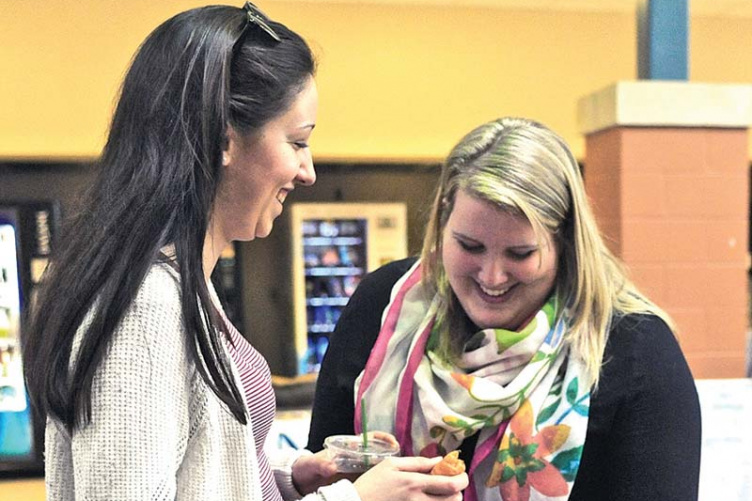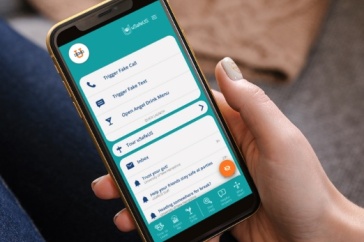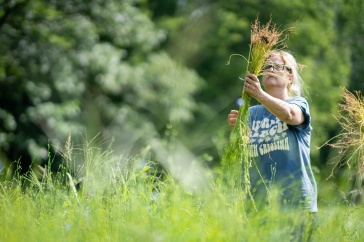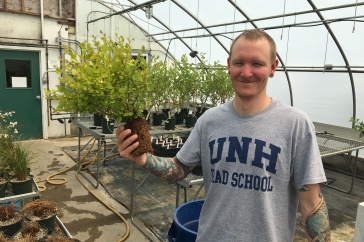
Kelly Cullen, associate professor of natural resources and the environment, starts her class with terrifying statistics and ends it with hope. In the course Being a Locavore, Cullen shows students how they can eat local — and why it’s a healthier option.
Eating local is a movement that has been getting a lot of ink in recent years as people strive to buy food grown or produced close to where they live. Alongside the scary statistics, such as those showing the nutritional value in many common crops has declined as much as 40 percent and that the incidence of diabetes has nearly doubled in the last 10 years, are the benefits of being a locavore. Cullen ticks off the pluses: food security, supporting local economies and cultural heritage, fair conditions for workers and livestock, reduced reliance on petroleum — and the big one: knowing the source of the food you eat.
Cullen asks students to keep a food journal for one week, recording what they eat and where the food comes from. They then look at the food groups to see what is in season in New Hamsphire (or their home state) throughout the year so they can plan a 12-month menu.
“At the grocery store it’s forever summer,” Cullen says. “We’ve lost the ability to eat in season. I’m trying to show students that it’s possible.”
And she challenges the notion that it takes money to eat locally by teaching students the basics of canning and cheese making. Sophomores Griffin Sinclair-Wingate and Katie Levine and senior Sarah Young said it hadn’t occurred to them that they could extend the seasons of what they eat through preserving. And all said money has influenced their food habits.
In addition to canning, Cullen introduces students to community-supported agriculture, a local model of food distribution that may, for a fee, have people sharing the crops from a particular farm. All of which has — literally — given students food for thought.
“I used to think I knew a lot about what I should eat,” says Sinclair-Wingate, an environmental and resources economic major. “I gave up meat a year ago but since taking this class, I’ve given up certain other foods, too. And if I don’t buy local, I try to buy organic. I’m definitely thinking more about what I eat.”
Originally published in UNH Magazine—Spring/Summer 2015 Issue
-
Written By:
Jody Record ’95 | Communications and Public Affairs | jody.record@unh.edu



















































